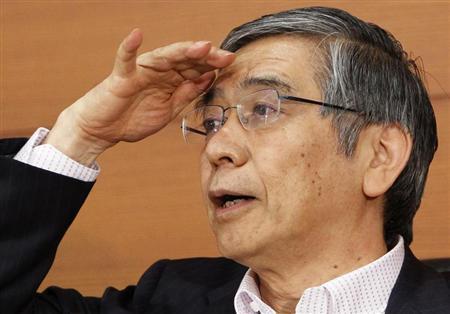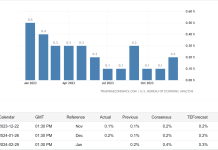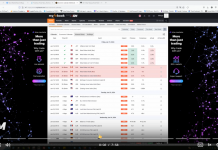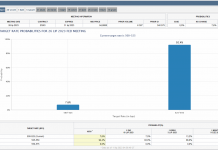
Bank of Japan (BOJ) Governor Haruhiko Kuroda had his speech at a Reuters Newsmaker Event in Tokyo ,the subject was : “Quantitative and Qualitative Monetary Easing with Yield Curve Control”: After Half a Year since Its Introduction. The main headlines given below by Reuters and prepared by Eamonn Sheridan from Forexlive.com :
- BOJ won’t signal policy stance via daily market operation
- BOJ reviewed its policy framework several times but no change to our stance of aiming to hit 2 pct inflation at earliest date possible
- Negative interest rate policy significantly lowered nominal rates
- Now is time to make most of favourable global economic conditions, maintain current yield curve
- Corporate bond and CP rates fell, lending attitude became more positive after negative rates
- Economic, price conditions improving but still some distance to 2 pct inflation
- It became necessary to take account of impact of negative rates on banks
- Economic momentum to hit 2 pct inflation maintained but lacks strength
- Risks tilted toward downside for Japan’s economy, prices
- Must be particularly mindful of developments in medium-, long-term inflation expectations
- Flattening of yield curve can squeeze banks’ profits
- See no reason to reduce monetary easing now
- BOJ won’t raise yield target in response to rises in overseas long-term rate rises
- No reason to raise BOJ’s yield target now from standpoint of financial intermediation
- In japan it is essential for public to experience inflation above 2 pct for some time
- Super-long JGB yields have risen, creating somewhat favourable environment for life insurers, pensions
- Don’t think BOJ will face difficulties in buying JGBs in future
- BOJ will continue to examine financial intermediation, closely communicate with financial institutions
- Even if JGBs become scarce, BOJ can impact rates with smaller JGB purchases
- Upward pressure on consumer inflation from rise in energy costs is temporary, will dissipate in fiscal 2018
- Some argue BOJ will eventually lose control over long-term yields, but this will not happen
- BOJ isn’t relying on energy price rises in hitting price target
- It is essential for underlying trend inflation to heighten for Japan to hit BOJ’s price target
- BOJ is aiming for gradual acceleration of inflation accompanied by rising corporate profits, wages
- A pick-up in Japan exports and production is becoming evident
- Japan consumption is picking up and if this continues, companies will be more active in raising prices
- Consumer sentiment is improving partly due to recovery in stock prices
- Japan’s economy is more firmly making steps toward recovery
- If Japan inflation accelerates sharply in the future, BOJ may consider adjusting its yield target
- Don’t think BOJ will be forced to raise its yield target just because overseas bond yields are rising
- Forex doesn’t necessarily move in parallel with US-Japan interest rate differentials
- Don’t think the BOJ needs to raise yield target now
- Don’t know if inflation will hit 2% during my current term that ends in April next year
- Relationship between forex, monetary policy is complicated
- Each country’s central bank does not target FX in guiding monetary policy
- Desirable for forex moves to reflect economic fundamentals
- It’s true US economic fundamentals are better than those of Japan, but that doesn’t automatically mean dollar would strengthen vs yen
- Must look at underlying inflation trend in making monetary policy decisions
- G20 Communique does not shift to protectionism from support of free trade
- If necessary we can raise or lower short-term and long-term rate target in future if needed
- See no need to change now either -0.1 pct short-term rate target, 10-yr jgb target of around zero pct
- Our ETF purchases aren’t intended to fix stock prices at a certain level
















